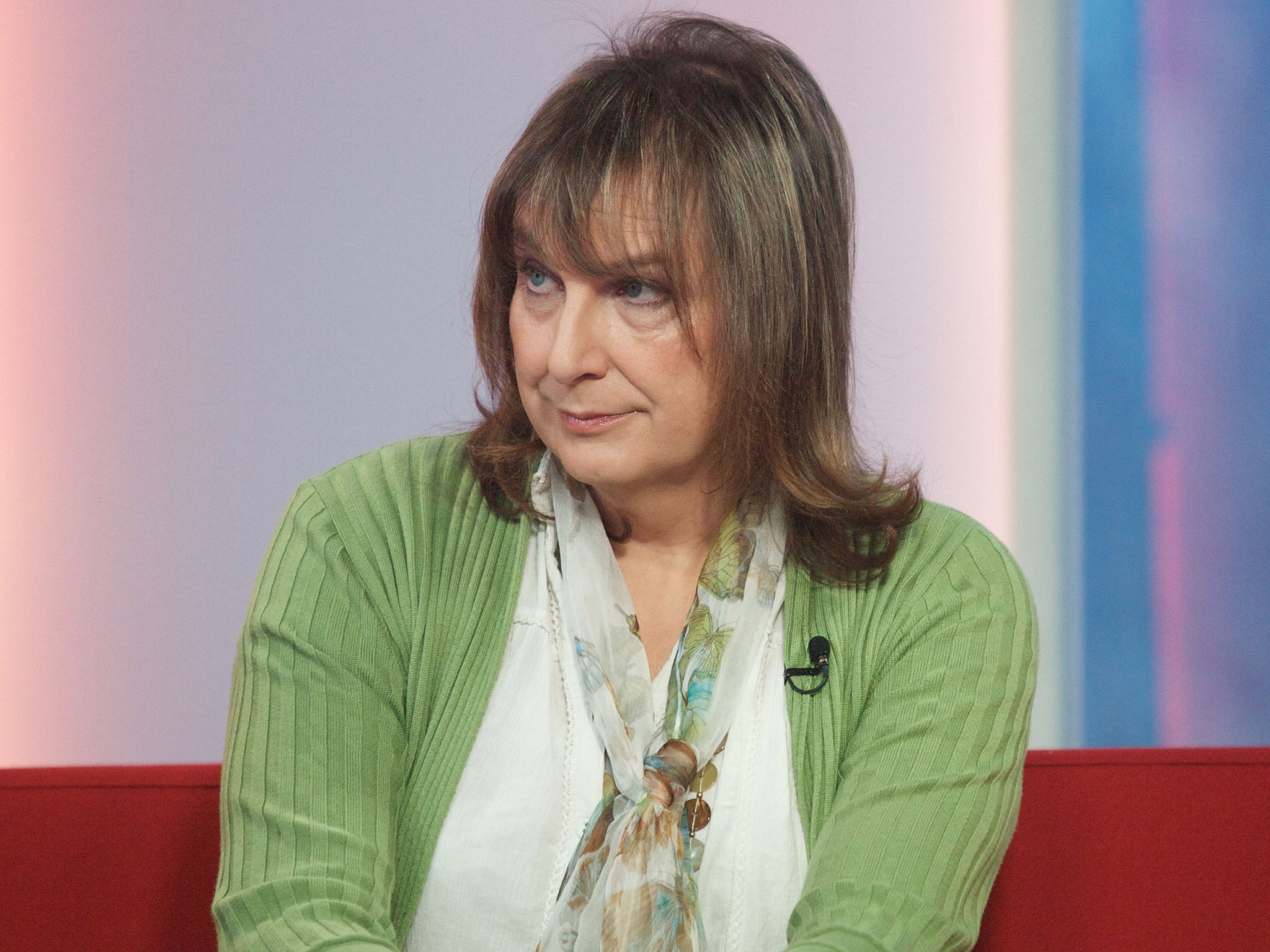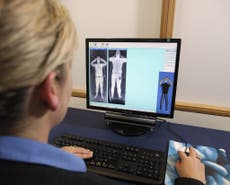Government report into transphobia is a genuine milestone for addressing transgender rights
Though the process of turning those rights into practical detail has hardly started


No doubt about it: this report is good. Or rather, the detail’s not bad.
Far more important is the fact that it has happened at all: that Parliament has finally, some 15 years after political campaigning on trans issues, got going in earnest, accepted gender and transgender issues as the serious business of politics. That is a genuine milestone moment, for which, thank you Ms Miller and all your committee.
It is good to note that MPs are now officially aware of what, for most who sit within the traditional trans narrative – “wrong body, medical intervention, transition” – is commonplace. Struggle: with the NHS; within the workplace; on the street; just one darn thing after another. And we are so tired of it. Never quite knowing when we will find our world turned upside down by this or that inane bureaucrat.
Because while the powers that be began to gift us with “rights” a decade or so back, these are mostly negatives: the right not to be assaulted, abused, discriminated against just for being trans. Forgive me if I am slightly underwhelmed.
The process of turning those rights into practical detail has hardly started: many of the difficulties that afflict trans people nowadays result from systems and processes not getting the practical stuff right. It is to be hoped that this is the beginning of meaningful change.
It is wonderful, too, that Parliament has woken up to the fact of a non-traditional narrative – the non-binary, the gender-fluid – which sits, also, under the trans umbrella, but is beset by a host of other, different challenges. At base: how to exist without gender in a society that demands you identify yourself as male or female, while providing little (or no) legal protection for those who don’t.
A harder challenge and one that the Civil Service is likely to drag its heels on. But it, too, is now on the agenda.
Last, but by no means least, it is highly apt that this inquiry should be conducted under the auspices of the Women’s Committee. For gender may remain a helpful, albeit fallible guide in some circumstances – childbirth, for instance. Yet even more decades after sex discrimination was supposedly abolished, women remain woefully discriminated against. The roots of that discrimination are nourished by a society that considers gender matters an essential detail to be filed, stamped, indexed, and generally pushed upon every individual without exception.
Why? Because of security? Hardly. It’s more to do with mindset and “the proper way to do things” – no pink toys for boys! – and shaking up the gender landscape is likely to have beneficial effects far beyond the trans community.
Jane Fae is a writer, feminist and campaigner on LGBT rights




Join our commenting forum
Join thought-provoking conversations, follow other Independent readers and see their replies